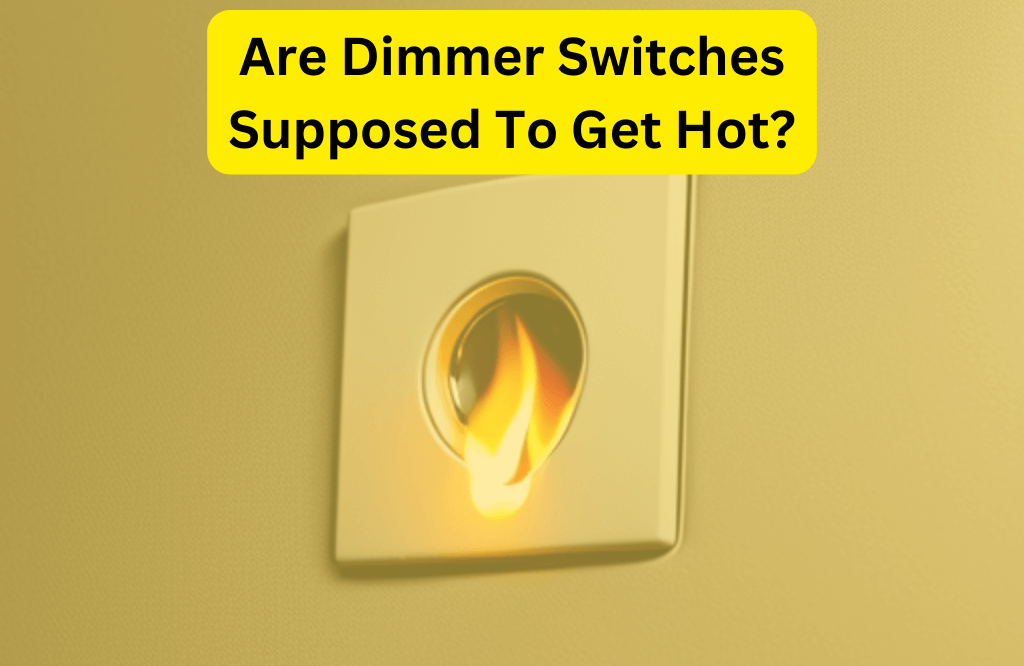Have you ever felt the heat coming from your dimmer switch while adjusting the brightness of your lights? While it’s normal for dimmer switches to get slightly warm during use, too much heat can be a cause for concern. As an electrician, I’ve seen it all, from switch fires to damaged electrical systems. In this post, we’ll be exploring the ins and outs of dimmer switch heat, including what’s considered normal, why switches get hot, and what to do if your switch is too hot. So, if you’re looking to keep your electrical system running smoothly and safely, read on!
How Hot Should a Dimmer Get?
It’s normal for a dimmer switch to get slightly warm when it’s in use, especially if you’re running multiple lights through it. However, it shouldn’t get hot enough to burn your skin or cause any discomfort when you touch it. If you can keep your hand on the switch for a few seconds without feeling any heat, then it’s operating within normal limits.
Why Does My Dimmer Switch Get Hot?
There are several reasons why a dimmer switch might get hot. One of the main reasons is that dimmer switches control the flow of electricity to the lights, and this flow creates heat. The more lights you have connected to the dimmer switch, the more heat it will produce. If you’re using incandescent lights, this will generate even more heat because these lights produce heat as a byproduct of their operation.
Another reason why dimmer switches can get hot is if they’re not designed to handle the amount of electricity that’s flowing through them. If you’re using a dimmer switch that’s not rated for the number of lights you have connected to it, this can cause it to overheat and become a safety hazard.
What Happens If a Light Switch is Hot?
If your dimmer switch is hot, it’s important to address the issue as soon as possible. If the switch continues to get hot, it can become a fire hazard. Additionally, a hot switch can also cause damage to your electrical system and potentially cause a power outage.
In some cases, you might be able to resolve the issue by simply reducing the number of lights connected to the switch. If this doesn’t work, you might need to replace the switch with one that’s designed to handle the amount of electricity you’re using.
In conclusion, dimmer switches can get hot, but it’s important to understand why this happens and what to do if your switch is too hot. If you’re experiencing any issues with your dimmer switch, it’s best to consult with a licensed electrician who can diagnose the problem and provide you with a safe and effective solution.

